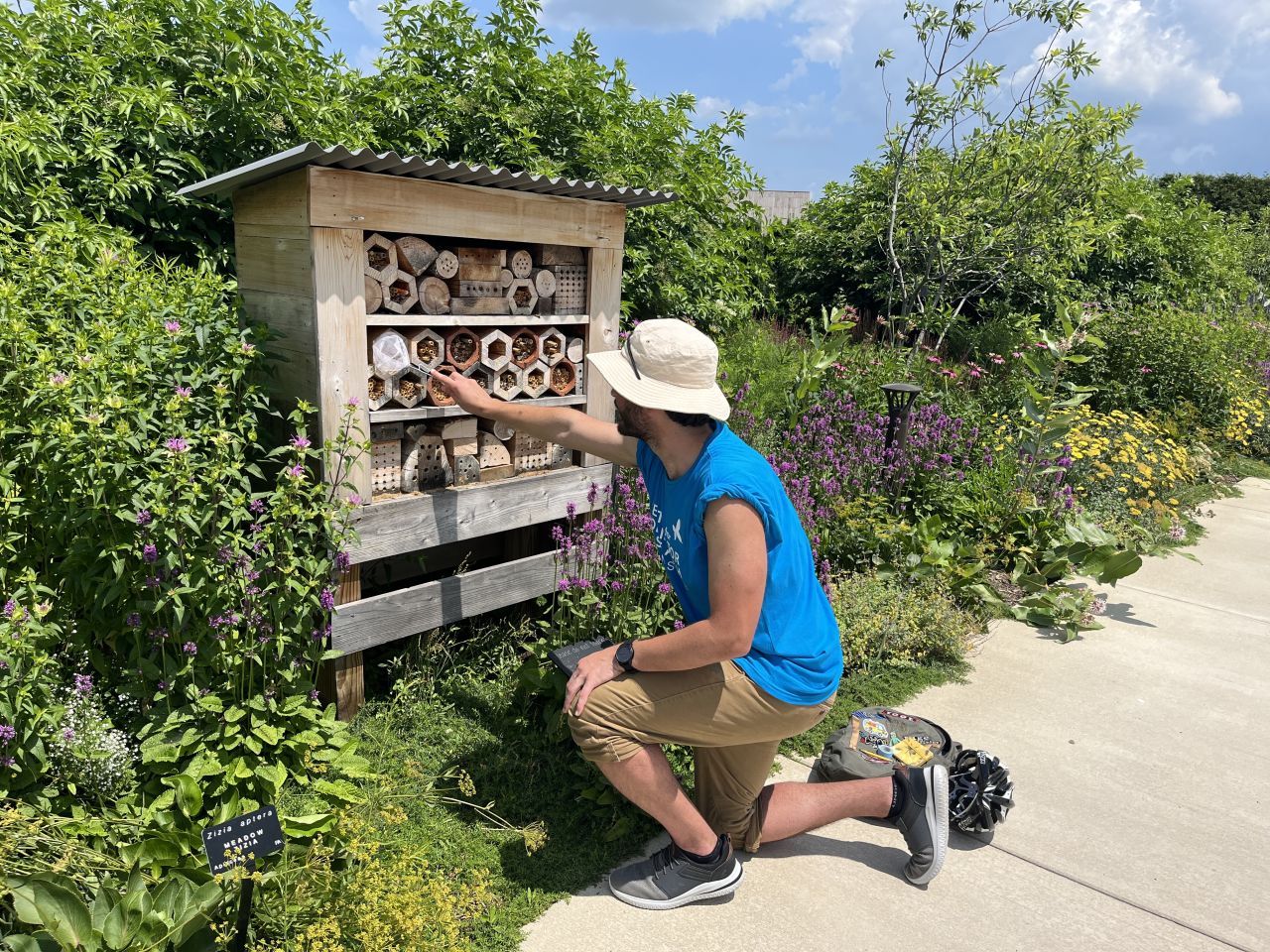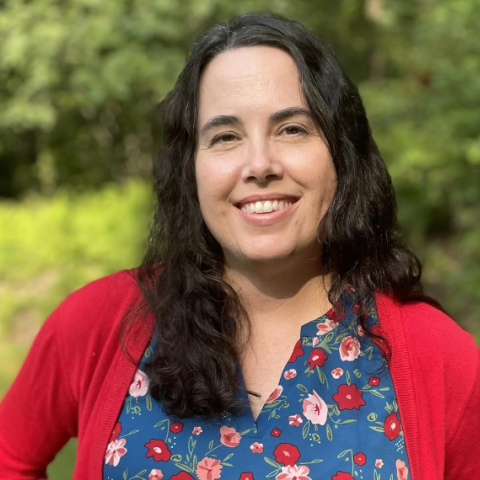February 01, 2024
CPR seeking applications for 2024 Apes Valentes Student Awards and the Dutch Gold Honey Undergraduate Award for summer research and other projects in pollinator biology and health

The Penn State Center for Pollinator Research is seeking applicants for the 2024 Apes Valentes Student Awards and the Dutch Gold Honey Undergraduate Award for summer research and other projects in pollinator biology and health!
Apes Valentes Student Awards – This award supports student-led summer projects in pollinator biology and health. Applicants may be either graduate or undergraduate students. Research, extension, education and/or outreach projects related to all aspects of pollinator biology and health are encouraged. Students from non-biology backgrounds that would like to develop artistic or other scholarly works related to pollinators to be disseminated to the public are also encouraged to apply. [3-4 awardees anticipated]
Dutch Gold Honey Undergraduate Award – This award supports summer undergraduate research on bees, preferably on honey bees. [1-2 awardees anticipated]
For both of these opportunities, proposed budgets may be up to $5500, to be applied to wages (undergraduate) and project costs. Projects should be conducted between May and August 2024. While Fall projects will be considered, they will have lower priority for funding than summer-focused projects and funds must be spent by December 2024.
Interested students should submit their applications to Susan Bass (sgb13@psu.edu) by March 15, 2024. Applicants will be notified of the decision of the selection committee by April 1, 2024. Applications should include a 2-3 page description of the proposed project, a one-page letter of support from their faculty mentor, and a budget. The budget can include costs for undergraduate wages (recommended $15/hr), travel needed for the project, and for materials and supplies, but cannot include graduate student stipend. Undergraduate and graduate students will be evaluated considering their career level. Undergraduate applications will be considered for both awards.
The project description should include sections on background, significance, objectives, methodology, expected outcomes, cited literature, and the student's specific role in the project. Please also include a "broader impacts" section, which will explain how society will benefit from this project, importance of the work to pollinator health, and describe at least one outreach activity that the student will participate in during the summer. It is recommended that the student work closely with her/his mentor to develop the project, but the project should represent a student-generated effort. Thus, the student must be involved in all aspects of the proposal writing, project development, implementation, and data interpretation.
Recipients of the Apes Valentes award will be asked to submit a brief report on the project outcomes in December 2024.
For more information, please contact Heather Hines.

